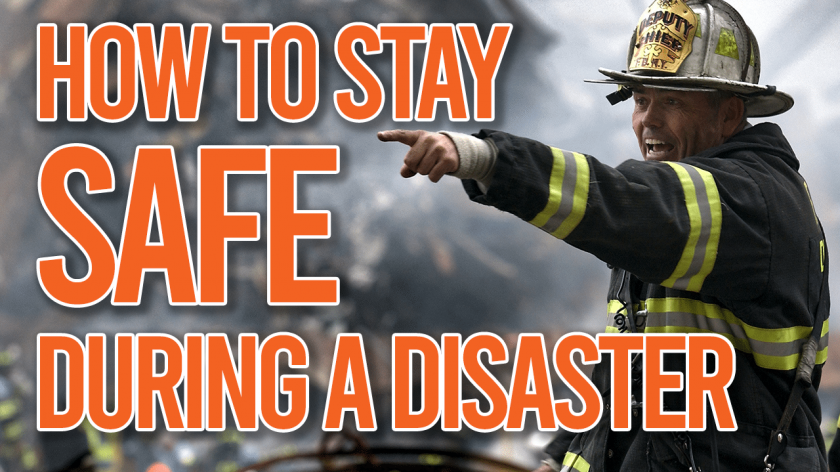Natural disasters can strike at any time, often with little or no warning. Earthquakes, hurricanes, floods, wildfires, and tornadoes can have devastating consequences, but there are steps you can take to ensure your safety and that of your loved ones. In this blog post, we’ll explore some essential survival tips to help you stay safe during natural disasters.
Stay Informed and Be Prepared
One of the keys to surviving a natural disaster is staying informed about the situation. Sign up for local alerts, monitor weather forecasts, and pay attention to news updates.
- Download emergency apps and subscribe to notification services
- Create an emergency plan and discuss it with your family
- Prepare an emergency kit with necessary supplies
- Learn about your local community’s disaster plans and evacuation routes
Understand the Different Types of Natural Disasters

Knowing the types of natural disasters that are common in your area can help you prepare more effectively. Familiarize yourself with the specific safety guidelines and procedures for each type of disaster.
- Earthquakes: Drop, cover, and hold on
- Hurricanes: Evacuate if advised, otherwise, stay indoors and avoid windows
- Floods: Seek higher ground and never drive through flooded roads
- Wildfires: Follow evacuation orders, create a defensible space around your home
- Tornadoes: Seek shelter in the lowest level of your home, away from windows
Build a Well-Stocked Emergency Kit

Having an emergency kit ready can make all the difference during a natural disaster. Your kit should include essential items like food, water, medicine, and important documents. Remember to also include items like flashlights, batteries, and a first-aid kit. Consider a battery powered, and rechargeable AM/FM radio in case the power is out for a long time.
Create a Communication Plan

During a natural disaster, communication networks can be disrupted. Establish a communication plan with your family & friends that includes alternative ways to stay in touch, such as using text messages or social media. Designate an out-of-town contact person who can help relay information between family members.
Practice Evacuation Drills
Regularly practicing evacuation drills with your family can help you stay calm and focused during an actual emergency. Identify the safest escape routes from your home and decide on a meeting place outside where your family can reunite.
Protect Your Home

Taking steps to protect your home can minimize damage during a natural disaster. Depending on the type of disaster, this could include reinforcing your roof, installing storm shutters, or elevating your home above flood levels.
Be Ready to Help Others

In the aftermath of a natural disaster, your neighbors may need assistance. Be prepared to offer help, whether it’s providing shelter, sharing supplies, or assisting with clean-up efforts.
Learn First Aid and CPR

In the event of a natural disaster, emergency responders may be overwhelmed or unable to reach you quickly. Learning basic first aid and CPR can make a significant difference in the outcome for you or someone else in need.
Protect Your Important Documents

Natural disasters can cause significant damage to your home, including the destruction of important documents. Take steps to protect these items by storing them in a waterproof, fireproof container or by creating digital backups.
- Birth certificates
- Passports
- Insurance policies
- Property deeds
- Medical records
Develop a Plan for Your Pets

Don’t forget about your pets when preparing for a natural disaster. Create a plan that includes their needs, such as food, water, and medications. Familiarize yourself with pet-friendly shelters or hotels in case you need to evacuate. Your pets love you and you love them!
Conclusion
Natural disasters can be terrifying and unpredictable, but with proper planning and preparation, you can greatly increase your chances of staying safe. By following these survival tips, you’ll be well-equipped to face any natural disaster that comes your way.
Stay informed, be prepared, and always prioritize the safety of yourself and your loved ones.

